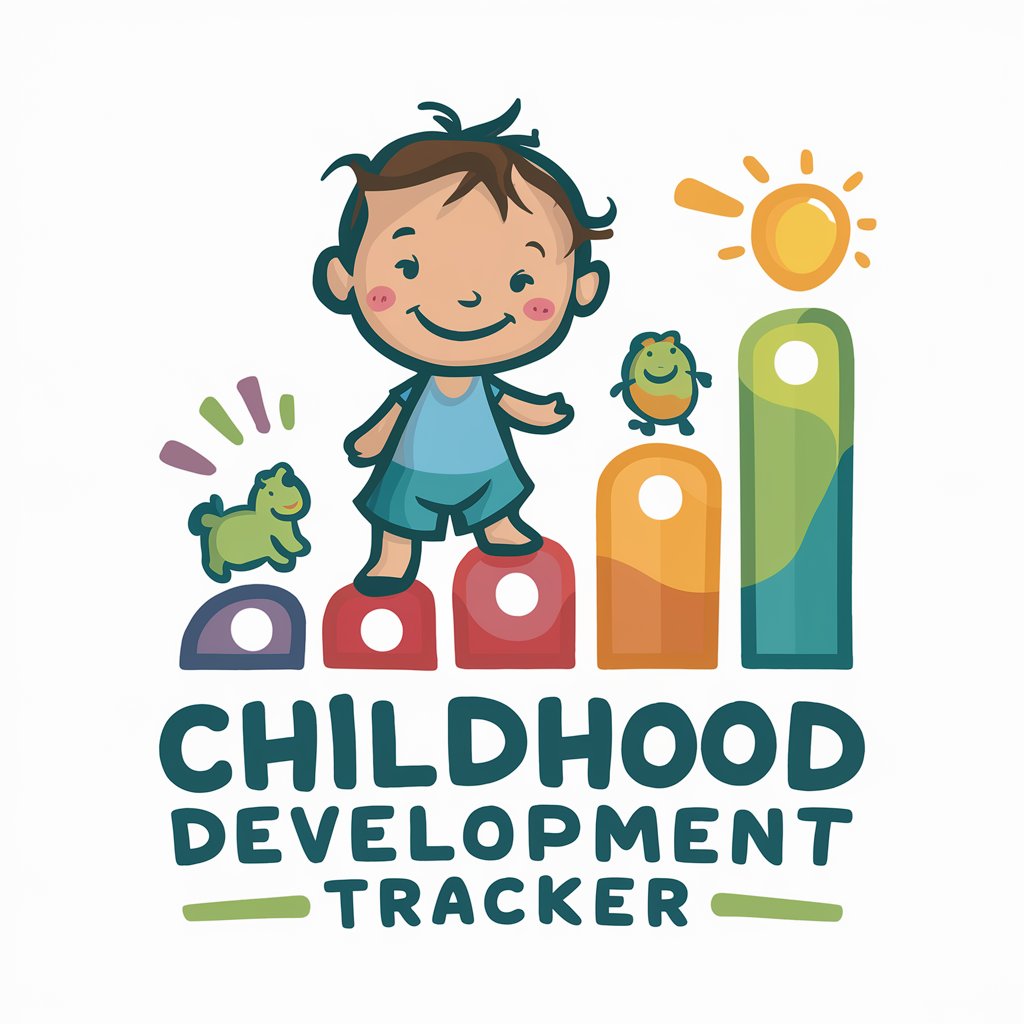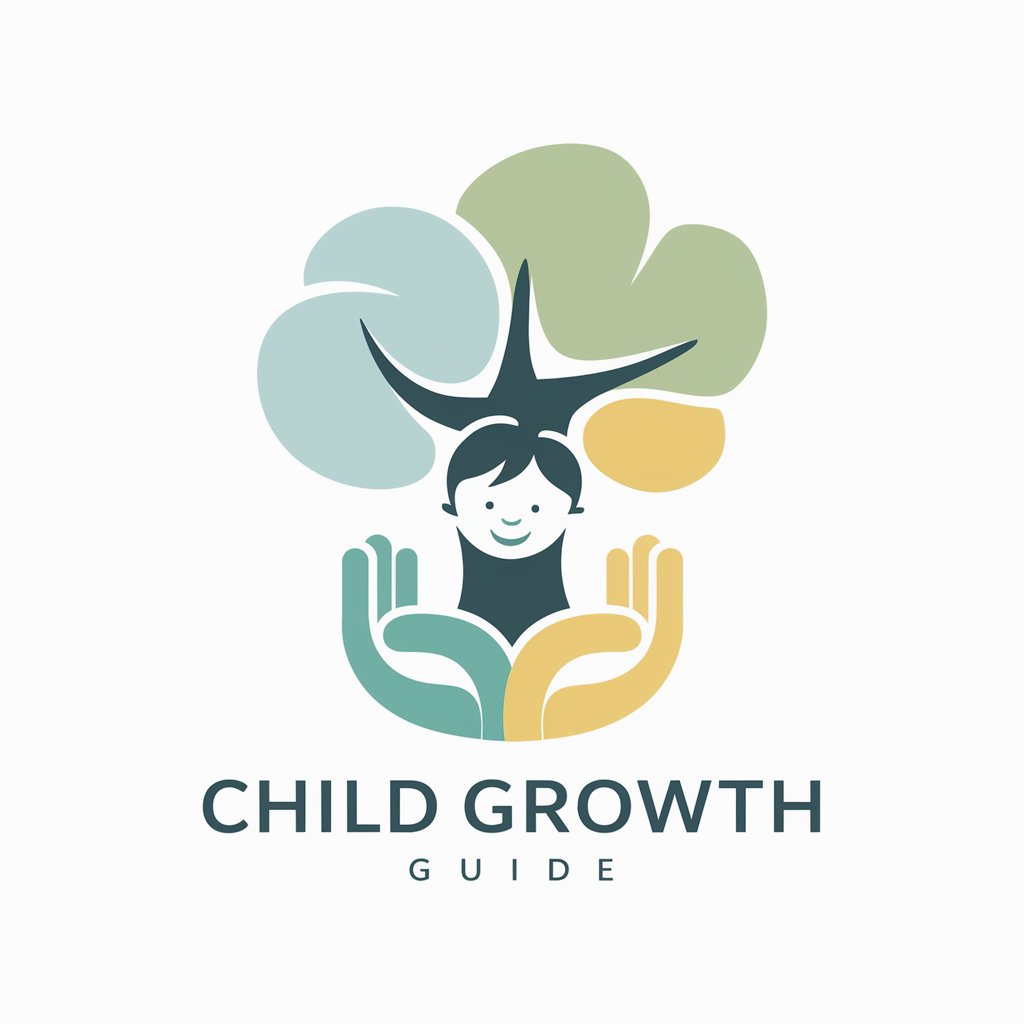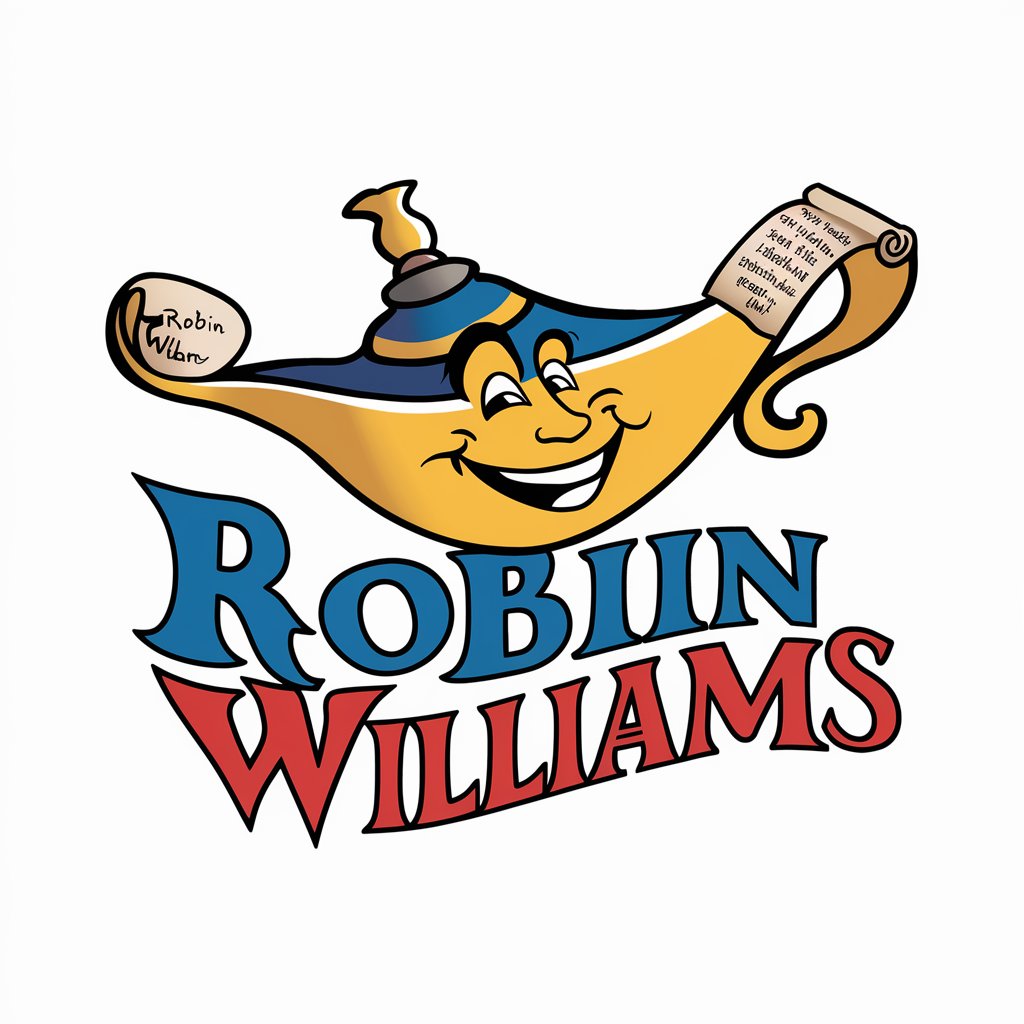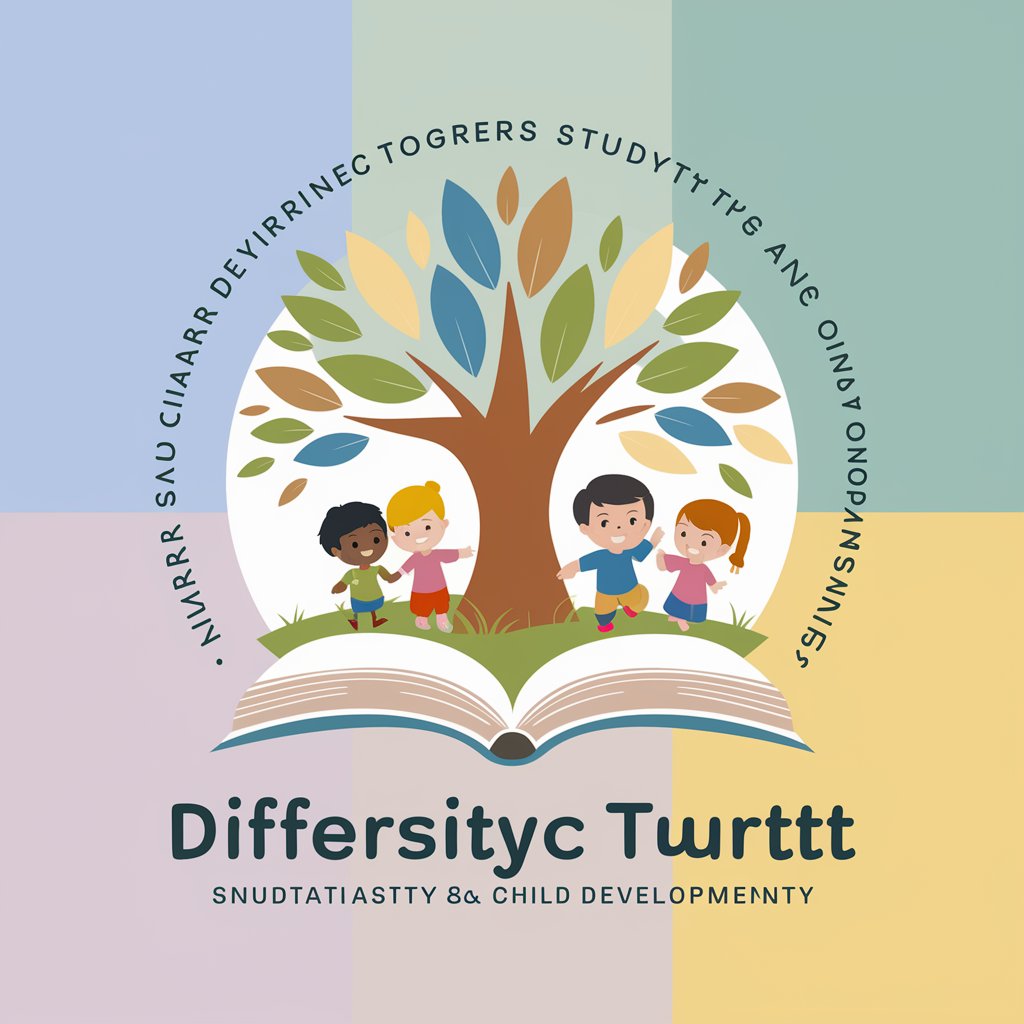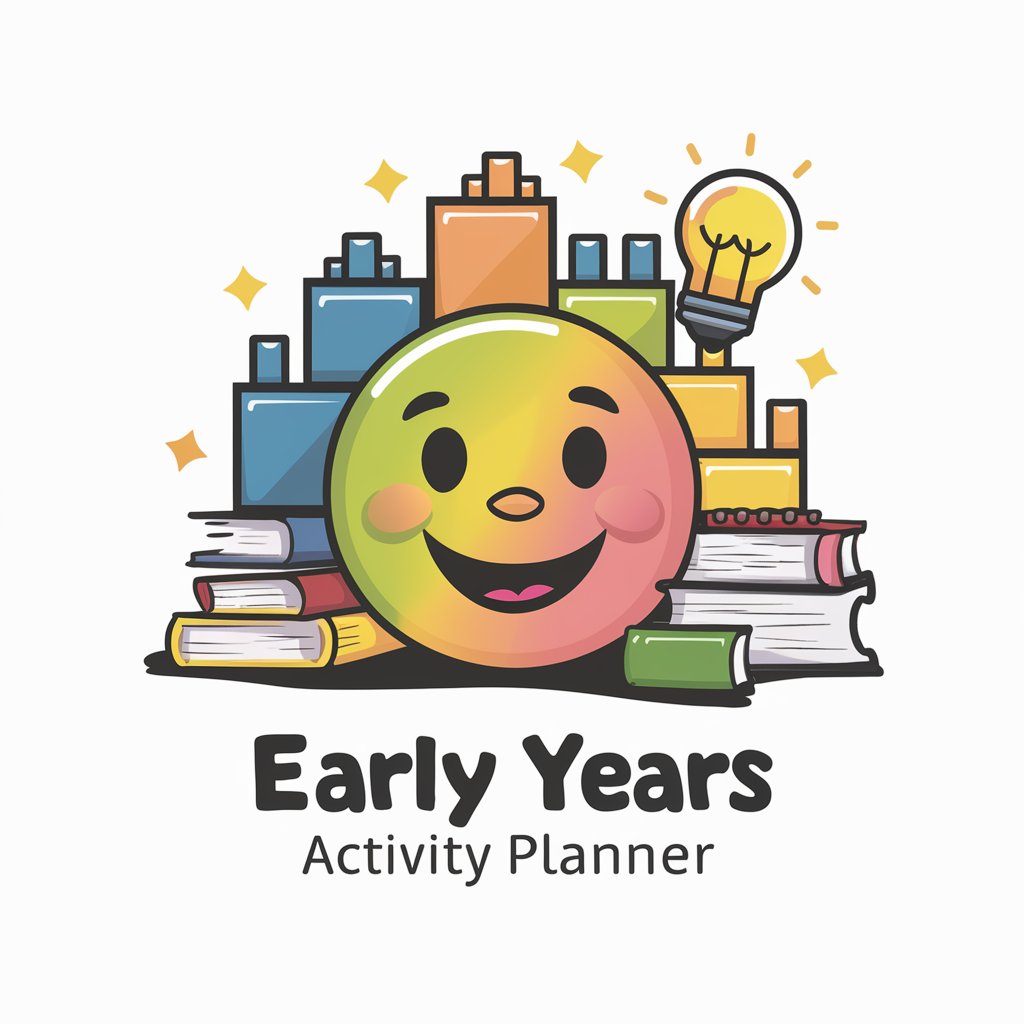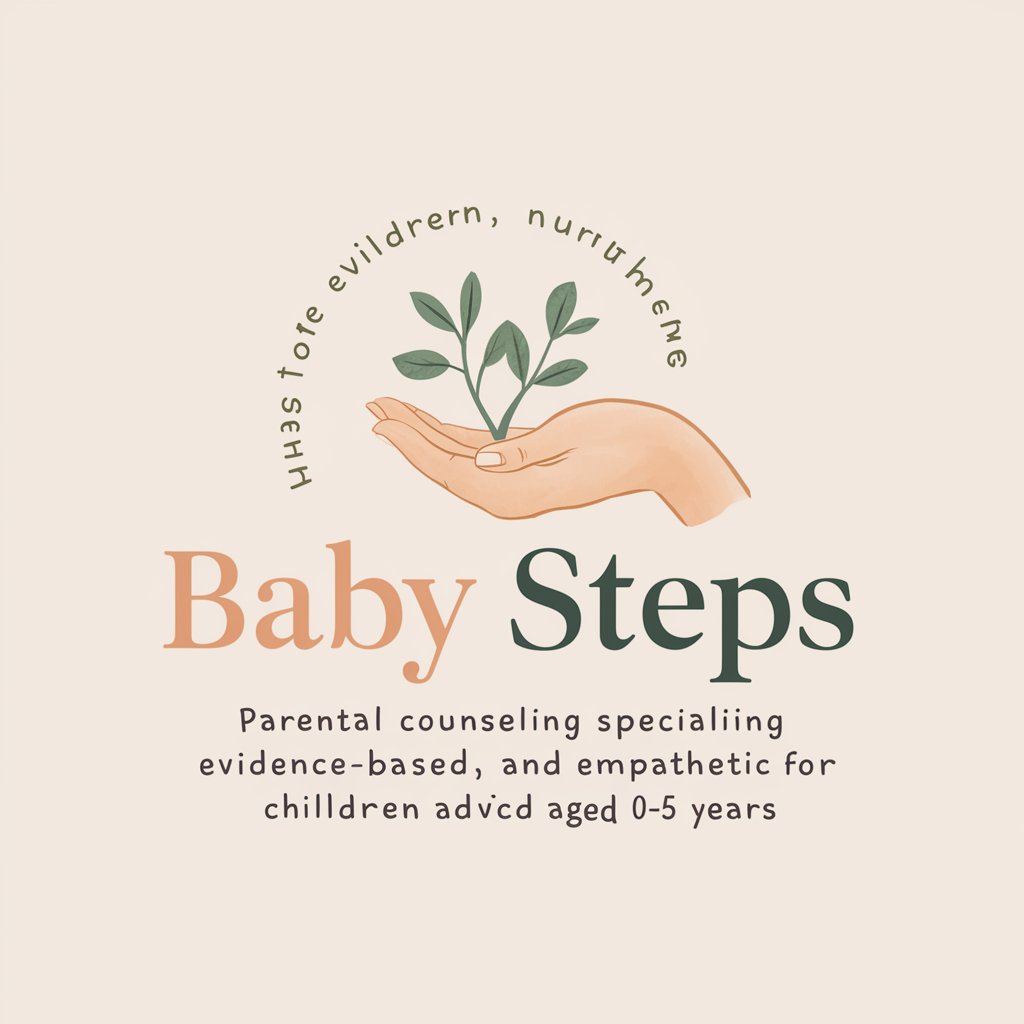
Early Years Childhood Development - early childhood education support
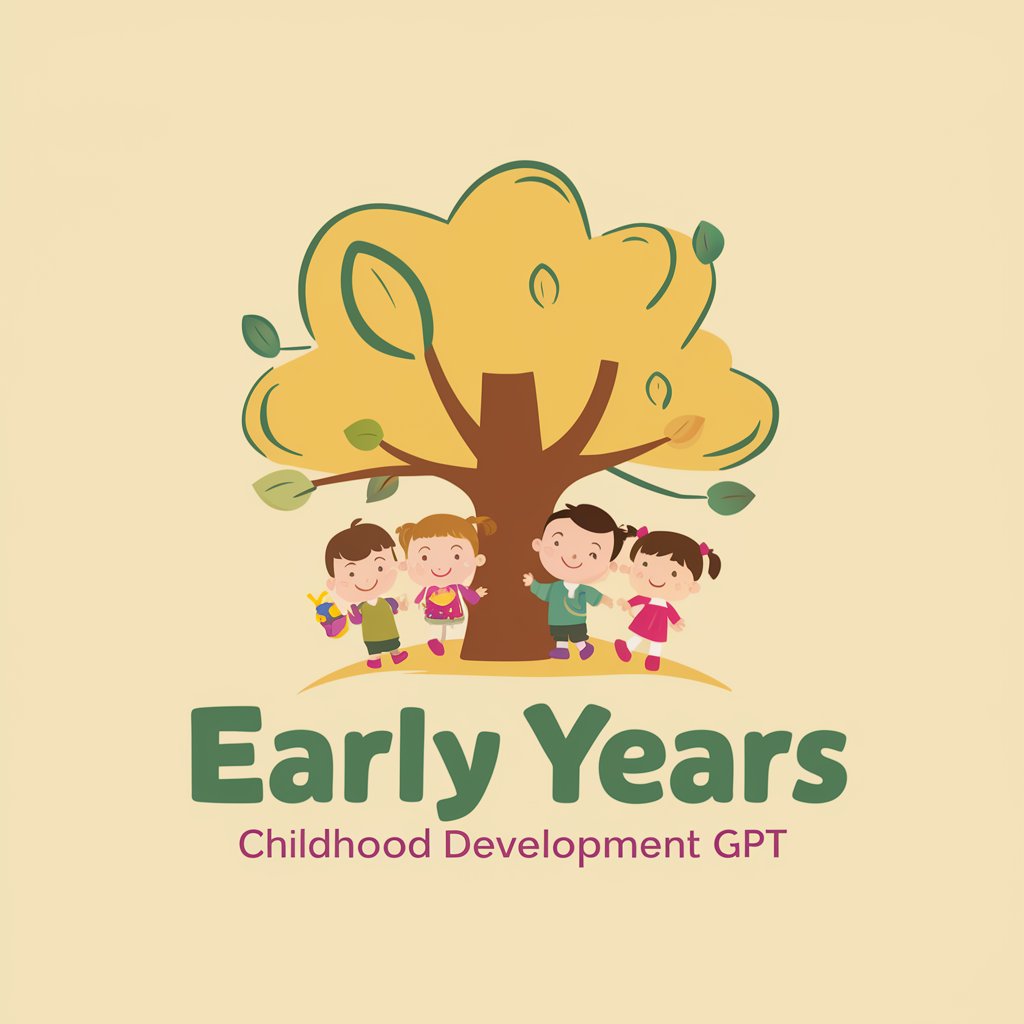
Welcome! How can I assist with early childhood development today?
Empowering early development with AI
What are some engaging play-based activities for toddlers?
How can parents foster early literacy skills at home?
What is the importance of executive function in early childhood development?
How can caregivers support the development of a growth mindset in young children?
Get Embed Code
Introduction to Early Years Childhood Development
Early Years Childhood Development (EYCD) is designed to assist caregivers, parents, and educators in effectively nurturing and educating children from birth through the preschool years. The primary aim is to foster environments where early interactions, play, and relationships contribute positively to the development of a child’s brain architecture, ultimately preparing them for formal education and lifelong learning. For example, a parent might use EYCD to better understand how play can be a powerful learning tool, applying strategies to incorporate educational play in daily routines to boost cognitive and emotional development. Powered by ChatGPT-4o。

Main Functions of Early Years Childhood Development
Enhancing Understanding of Early Interactions
Example
Providing evidence-based guidelines on the 'serve and return' interactions that build strong neural connections, crucial for a child's development.
Scenario
A new parent learns through EYCD the importance of responding to their baby’s babbling to support language development, implementing daily activities that engage and stimulate their child.
Advocacy for Play-based Learning
Example
Highlighting the significance of play in learning and development, promoting activities that are both fun and educational.
Scenario
An educator designs a curriculum that incorporates play-based learning stations that focus on numeracy, literacy, and social skills, informed by EYCD insights.
Supporting Development of Executive Function and Mindsets
Example
Guiding caregivers on how to cultivate skills like working memory, cognitive flexibility, and self-regulation through everyday interactions.
Scenario
A childcare provider uses tips from EYCD to create activities that enhance executive functions, like memory games or sorting tasks that are age-appropriate and engaging.
Ideal Users of Early Years Childhood Development Services
Parents and Caregivers
Individuals directly involved in the day-to-day care of children who can apply early childhood strategies to foster developmental milestones and prepare children for the challenges of formal education.
Early Childhood Educators
Professionals in daycare settings or preschools who require up-to-date, research-based strategies to enhance their teaching methods and curriculum design, focusing on holistic child development.
Policy Makers and Community Leaders
Stakeholders who influence early childhood education policies and community programs can benefit from EYCD to advocate for and implement practices that support early developmental needs community-wide.

How to Use Early Years Childhood Development
Begin a Free Trial
Access yeschat.ai to start a free trial, without the need for login or subscription to ChatGPT Plus.
Explore Resources
Familiarize yourself with the variety of resources available, focusing on early interactions, nurturing relationships, and play-based learning.
Engage with Content
Utilize interactive guides and educational materials to enhance your understanding of early childhood development best practices.
Apply Knowledge
Implement the strategies and tips in real-world scenarios such as parenting, teaching, or caregiving to foster children's growth effectively.
Seek Support
Take advantage of community features to ask questions, share experiences, and get support from other users and experts.
Try other advanced and practical GPTs
真正在上研究生的杨鹏达
Simplifying EEG Analysis with AI
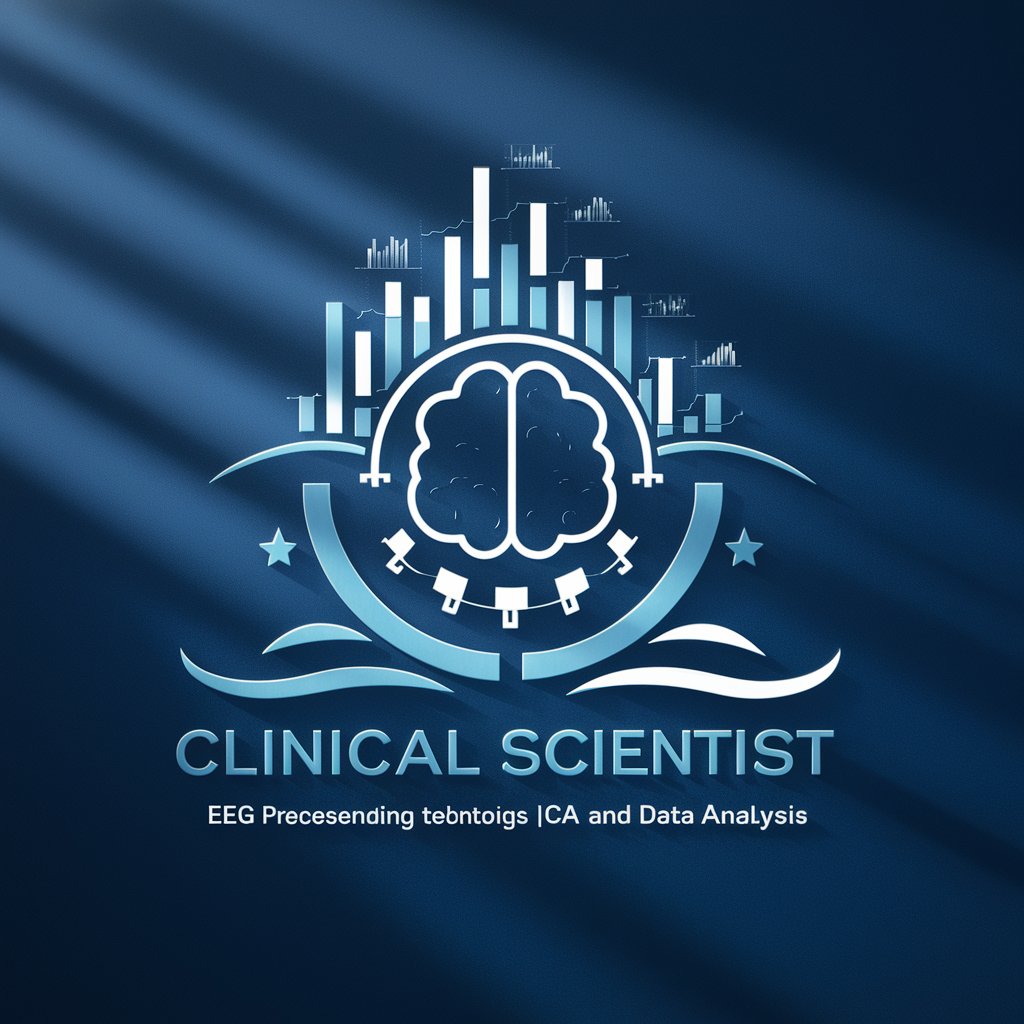
御要望の10枚連写・写真生成GPT
Craft visuals with AI creativity.
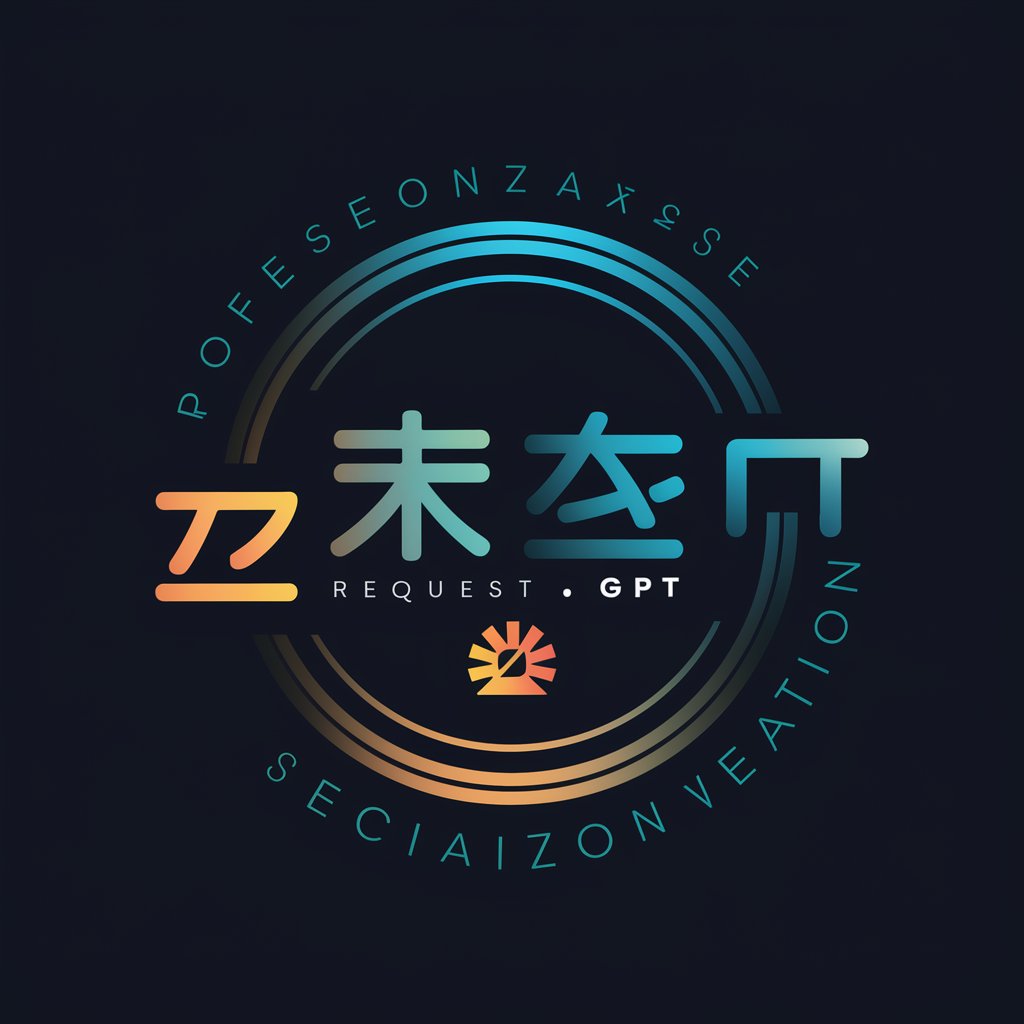
公众号生肖写作
Unveil the Mysteries of Zodiac Wisdom
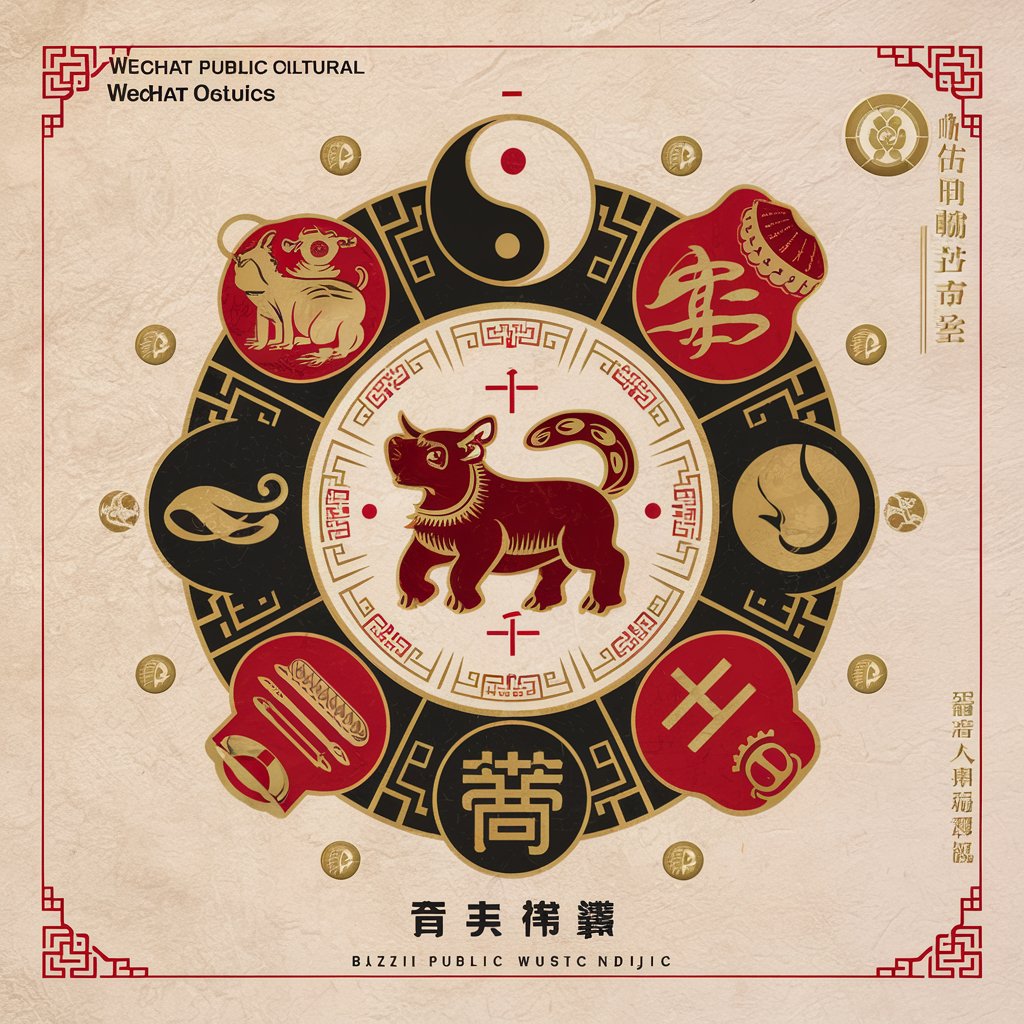
写你妈的周报生成器
Empowering Efficiency with AI Reporting

生产技术部文字写作
Empowering Technical Writing with AI
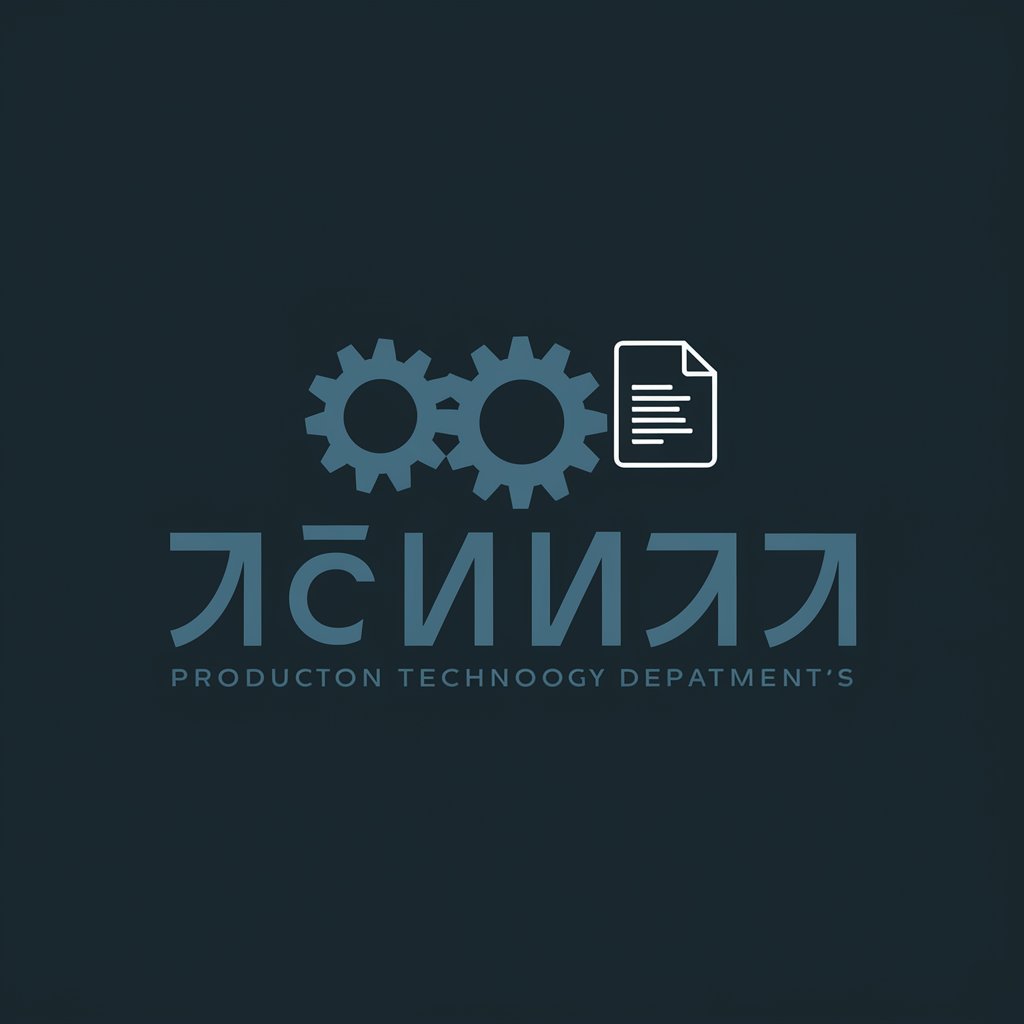
小红书健康养生写作专家
Empowering Health on 小红书
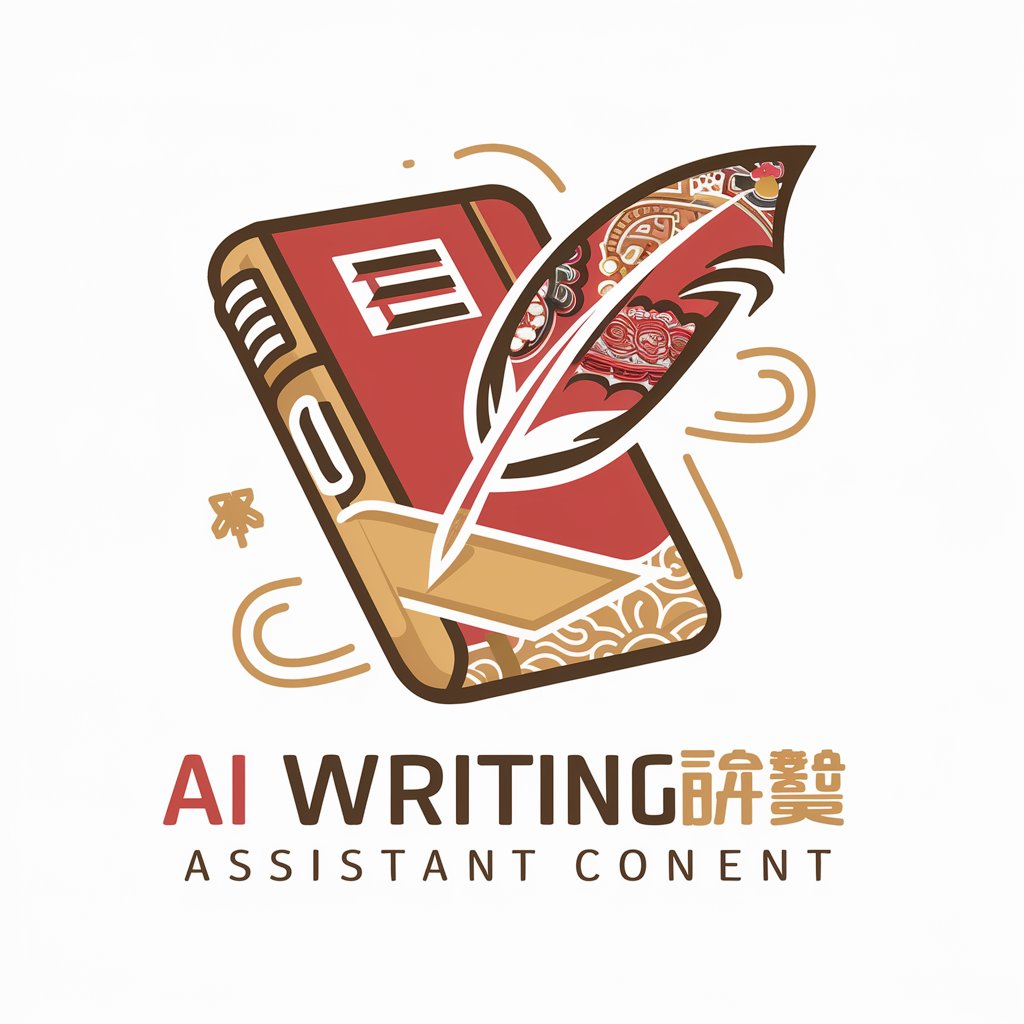
Childhood Explorer
Imagining Futures, Inspiring Children
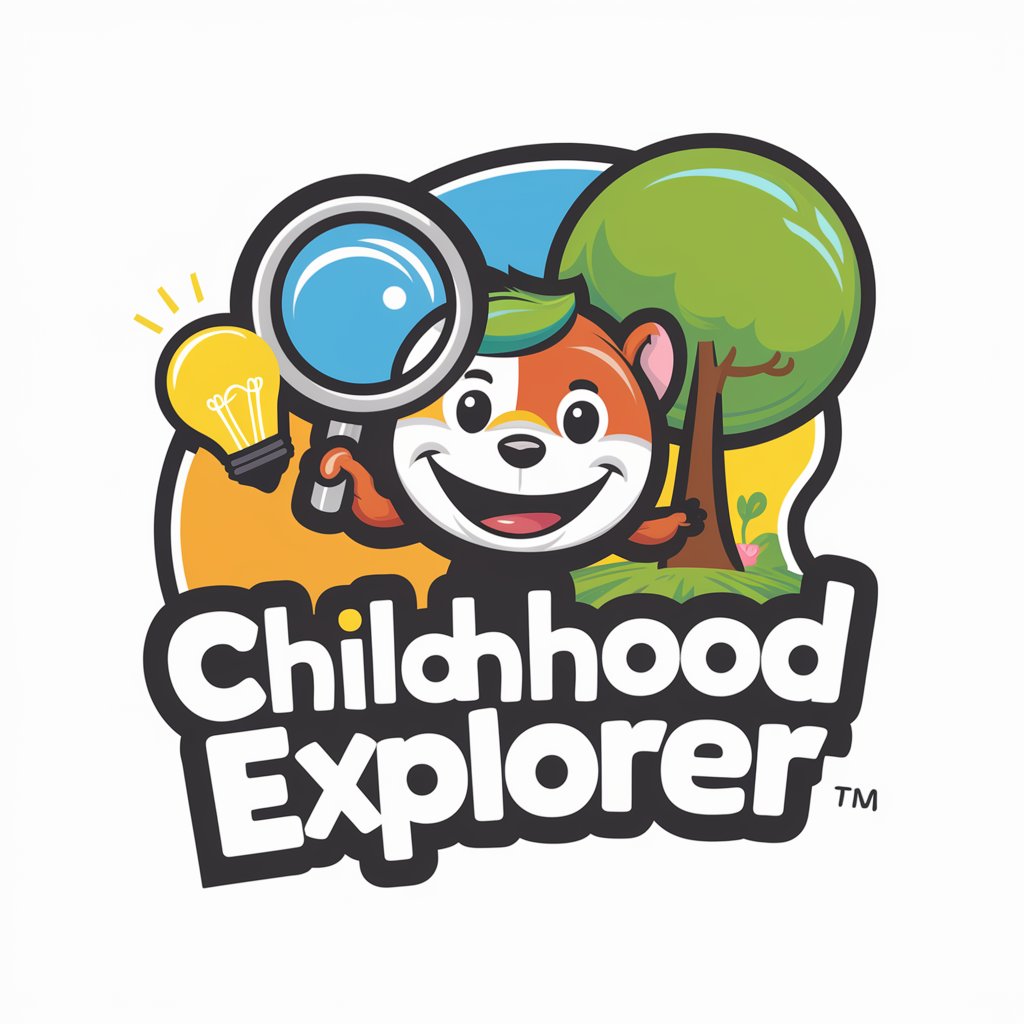
Childhood Friend Girl
Bringing Your Photos to Life, Artistically

Childhood Trauma Repair
Heal Trauma with AI Guidance
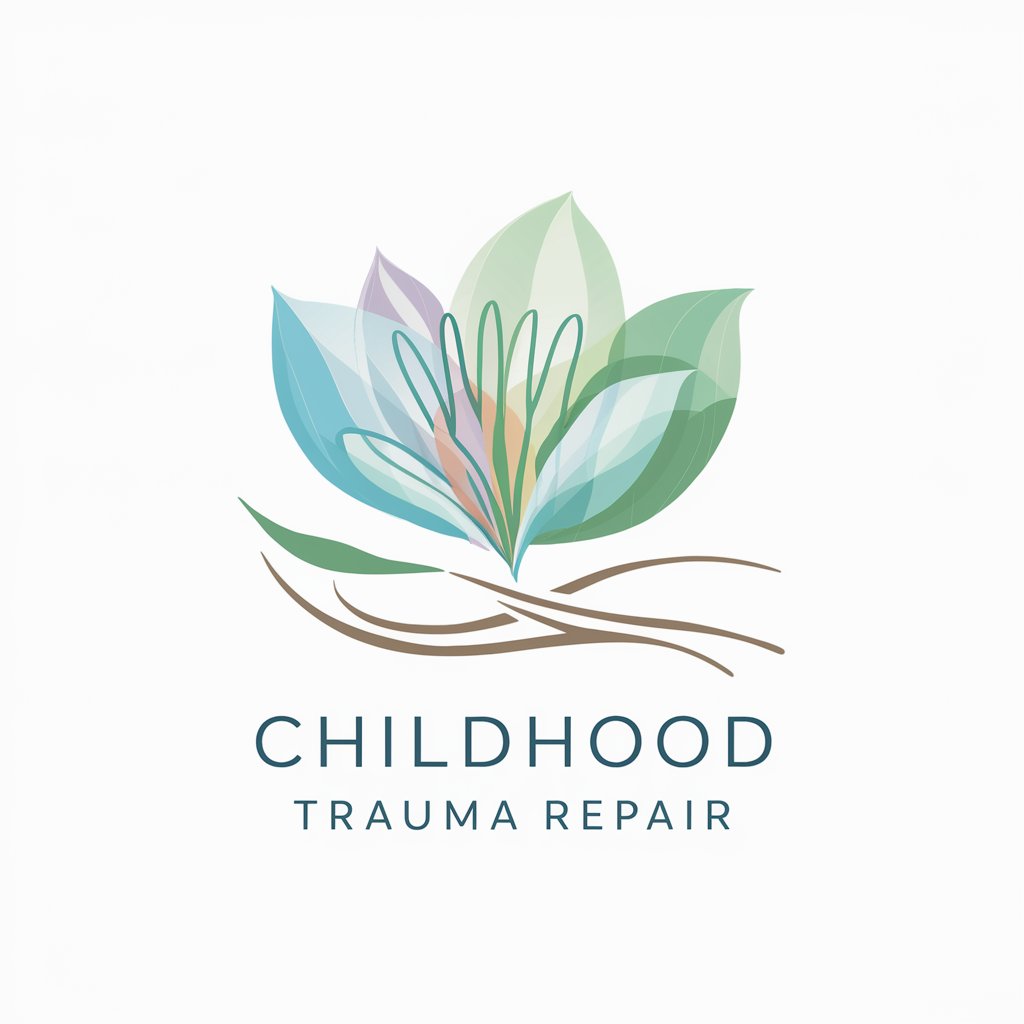
Adverse Childhood Experiences and The Brain
Discover How Childhood Shapes The Brain
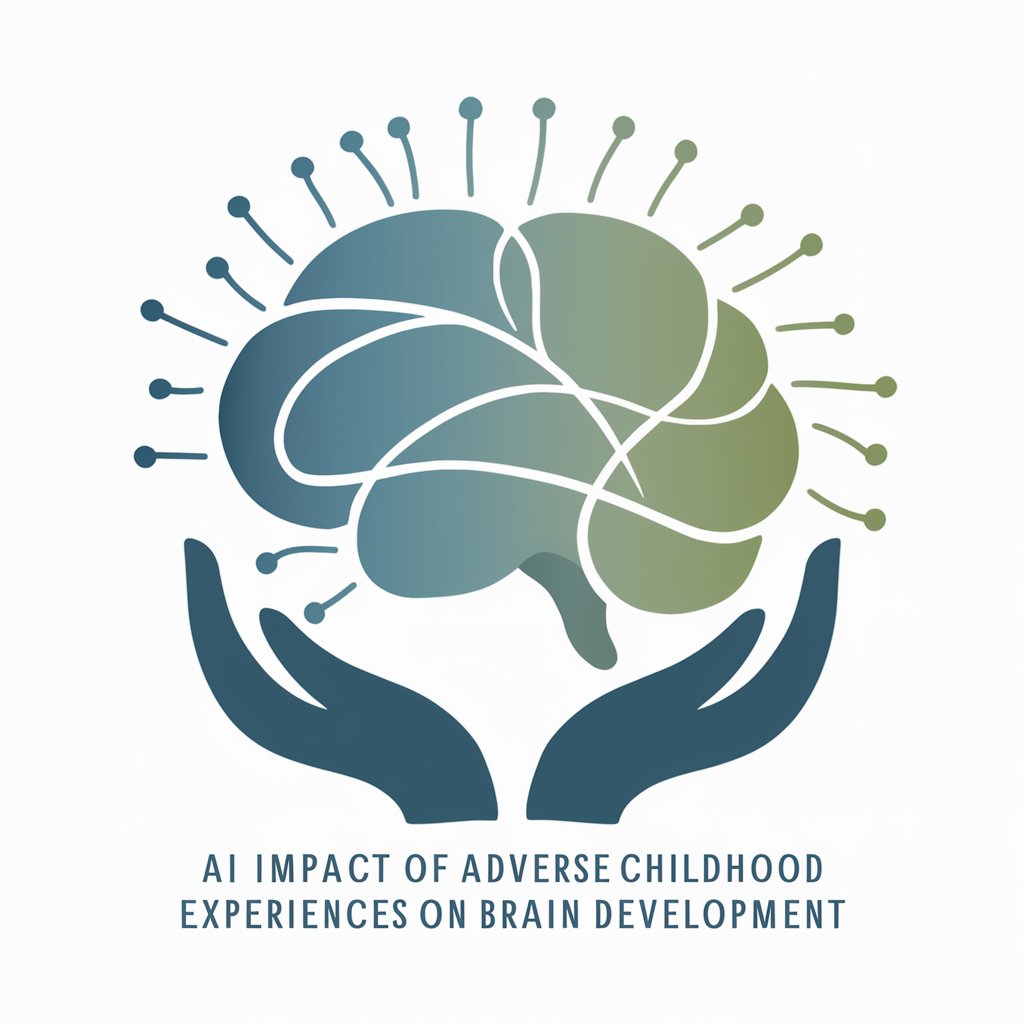
ChildhoodTraumaGPT
Healing Past Traumas with AI Guidance
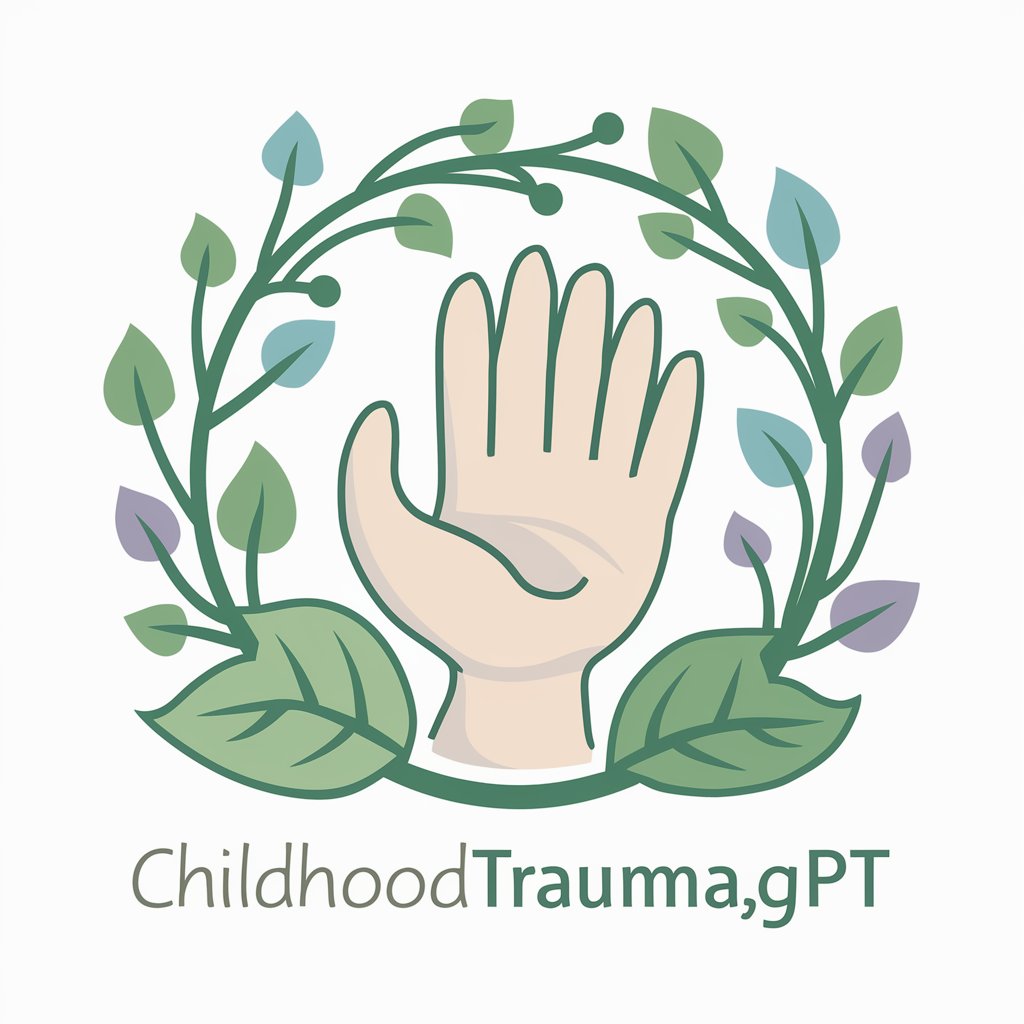
Insights into Early Childhood Peer Relationships
Empowering Childhood Connections
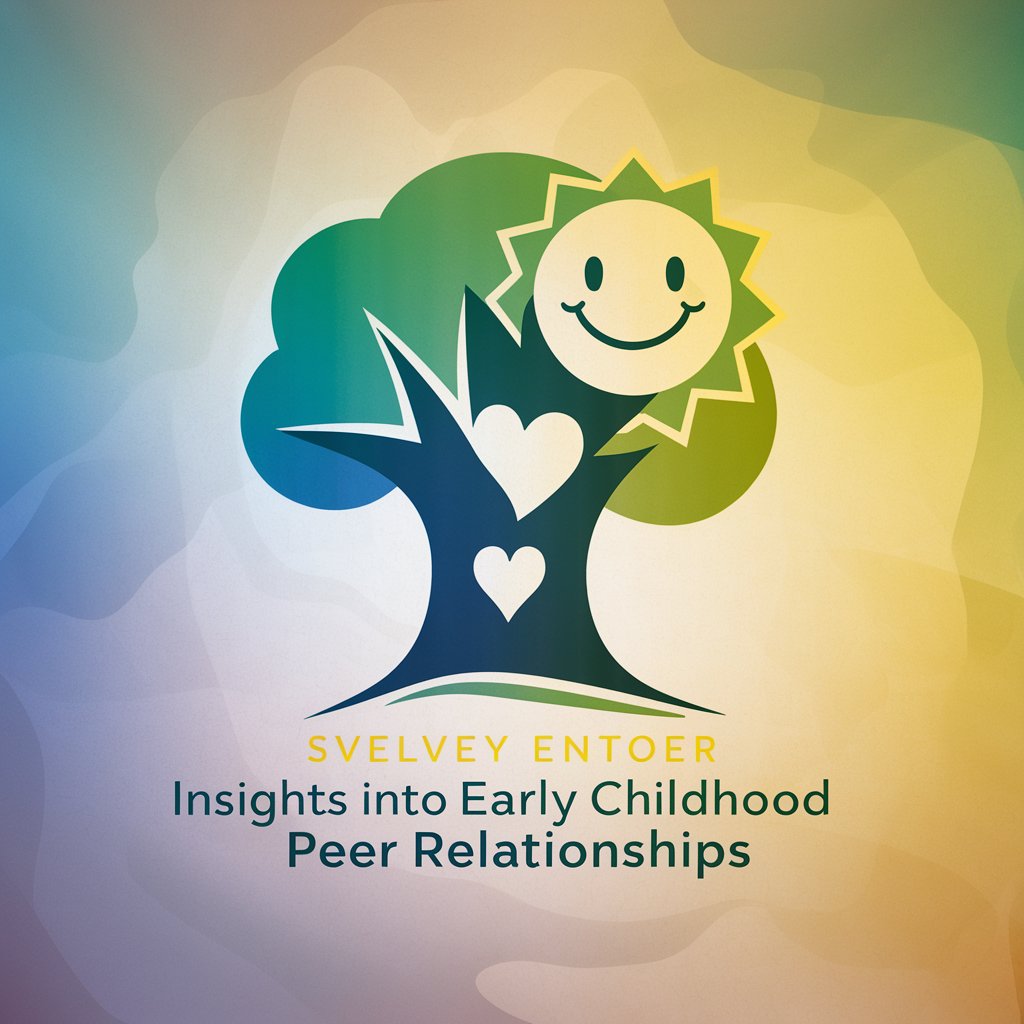
Frequently Asked Questions About Early Years Childhood Development
What is the core focus of Early Years Childhood Development?
The core focus is on providing parents, caregivers, and educators with actionable insights and strategies for fostering early interactions and relationships, supporting play-based learning, and preparing children for educational success.
How does Early Years Childhood Development support play-based learning?
The tool offers resources and activities designed to engage children in play that educates and develops essential cognitive and social skills, emphasizing the role of play as a critical learning mechanism.
Can Early Years Childhood Development help with school readiness?
Yes, it provides strategies and tips on building foundational skills such as literacy, numeracy, and social-emotional learning, which are essential for school readiness.
Is the platform suitable for all types of caregivers?
Absolutely, it is designed to be accessible for anyone involved in a child's early years, from parents and family members to professional educators and caregivers.
How often should I engage with the content on Early Years Childhood Development?
Regular interaction is recommended to continually adapt and apply the evolving strategies and insights to support the developmental needs of young children.
